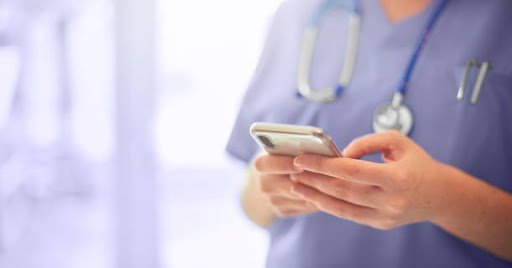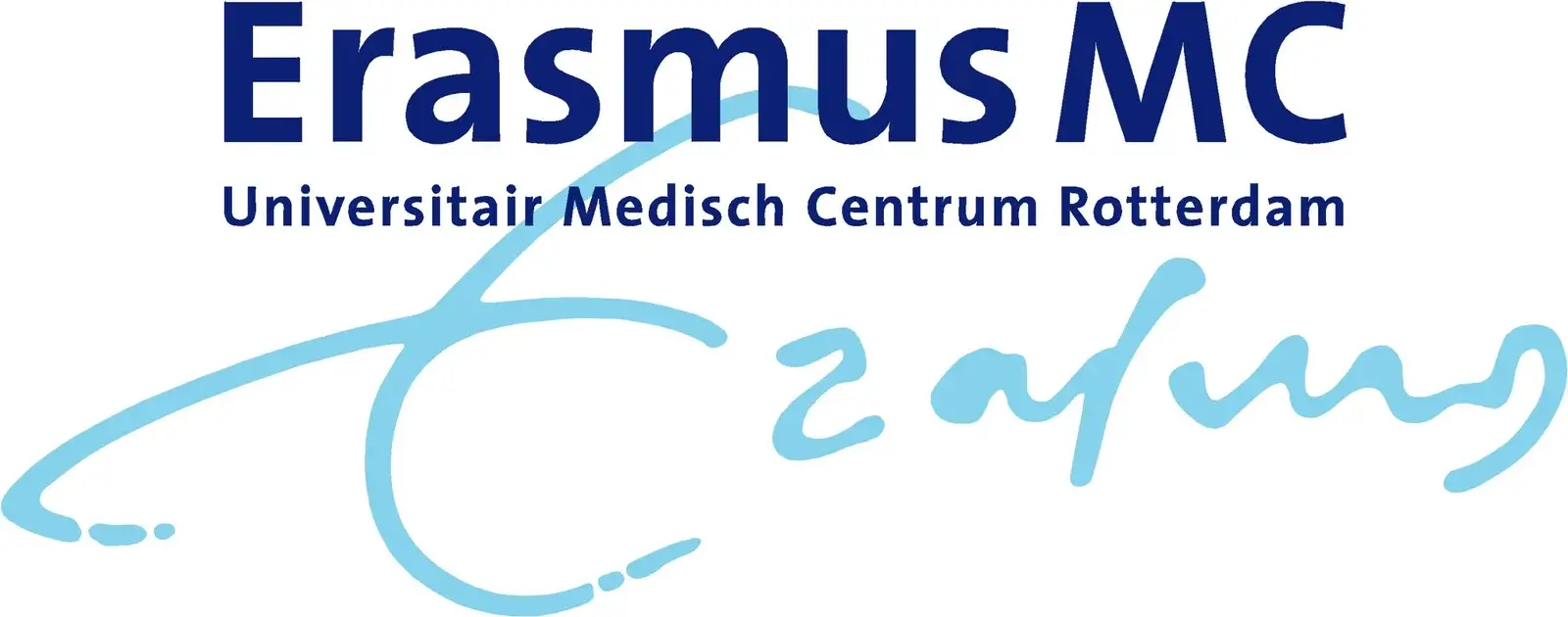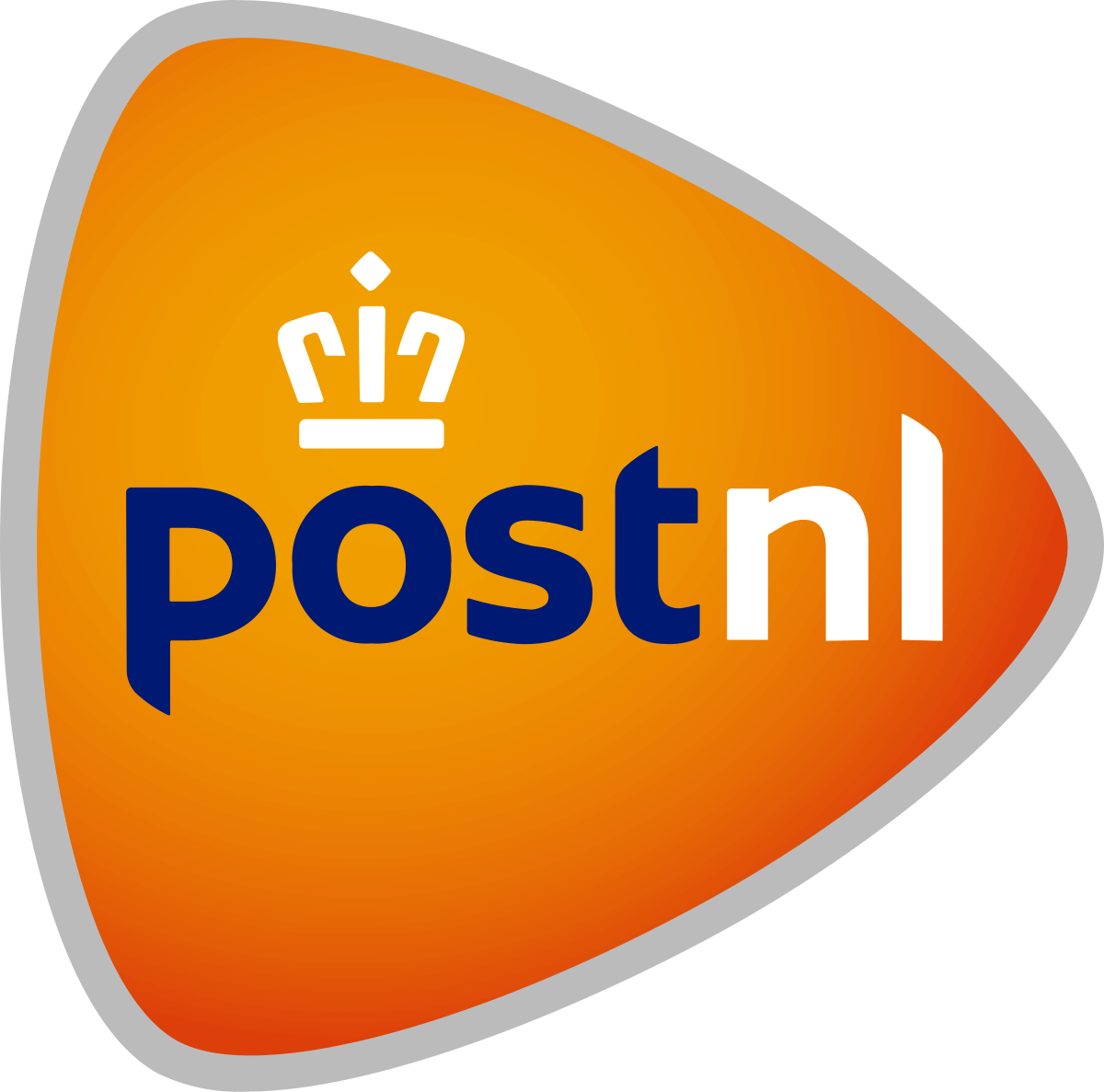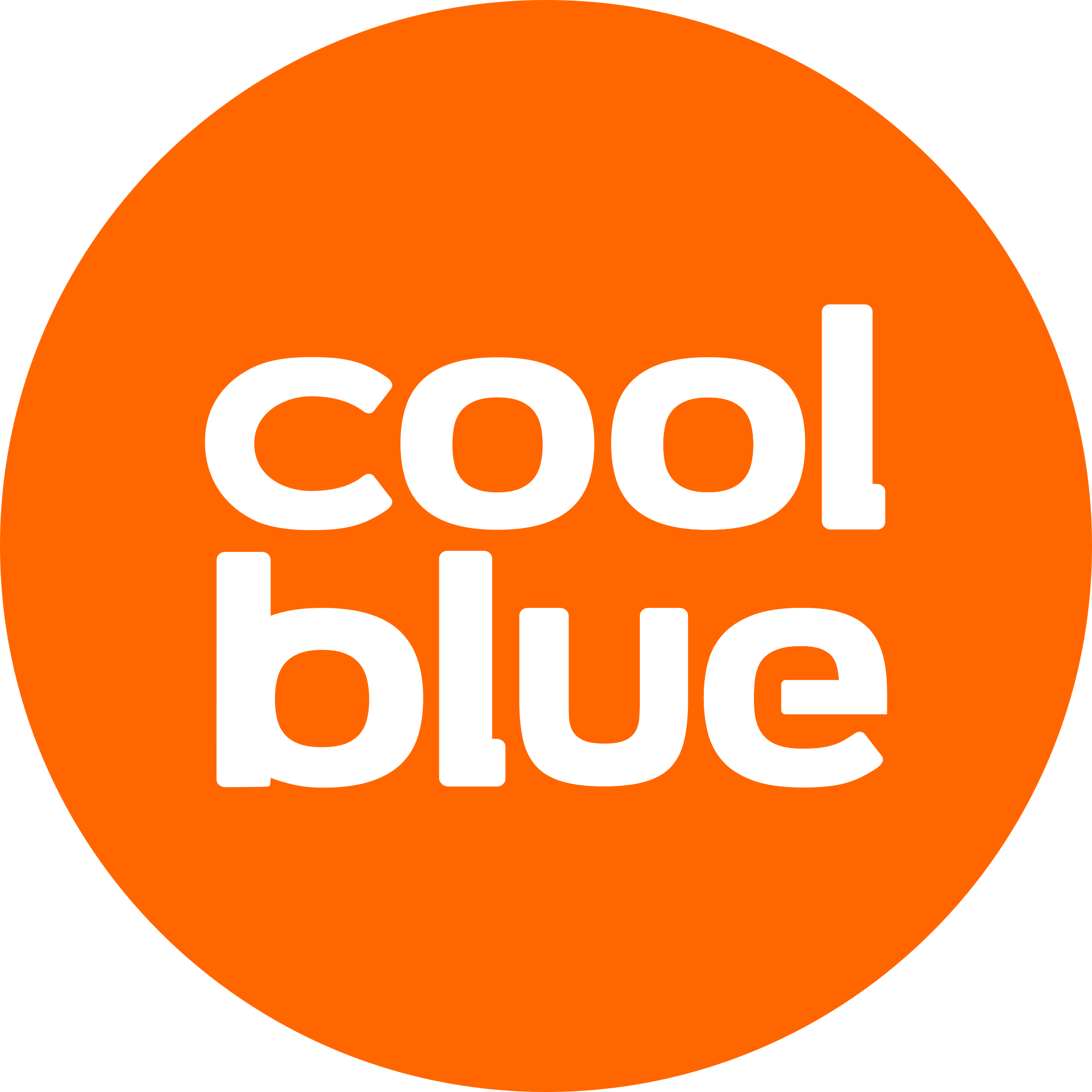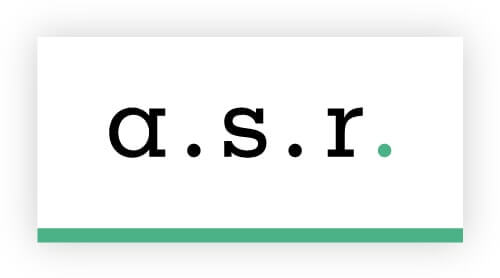How 160 characters help deliver a high quality service.
You have probably already received it on your phone, that SMS to remind you of a dental or hospital appointment. This SMS service is used by many healthcare institutions as an extra service for patients. And to reduce the number of “no-shows”. Hospitals, but also other medical centers, pharmacies and therapists use SMS to send informative reminders to their clients. But among all these different healthcare institutions, one category stands out: Clinics. Because if, as a patient, you expect excellent service anywhere, it is in a clinic.
The difference between clinics and hospitals
A common name for clinics is “independent treatment centre” (ITC). Both ITC and clinics focus on health care, i.e. on improving people’s health. They operate, conduct research, provide care and give diagnoses and treatment. The difference between the two is mainly in the admission of patients. Clinics work mainly on an outpatient basis, while hospitals also admit people (for a longer period). Hospitals also have an intensive care unit, unlike clinics. In addition, clinics are often specialised in one area. For example, there are skin clinics, plastic surgery clinics (medical and cosmetic), clinics with outpatient services for infectious diseases, clinics for preventive medical research, heart centres, etc. Therefore, people suffering from different pathologies are usually treated in a hospital.
High expectations
When do people choose a (private) clinic? There are several reasons for this. For example:
- (Too) long waiting lists in hospitals,
- The large scale of some hospitals; hospitals are less personal than clinics,
- The specialization of a clinic.
The best service ? A complete concern
Just like hospitals, clinics naturally want to provide the best possible care, offer a good service and communicate clearly and (pro)actively with their clients. A bad impression can easily be given because the contact with the client is relatively short compared to a hospital. This puts extra pressure on the medical care that is given. An unpleasant experience for a patient is also an undesirable experience for the clinic. The service and communication must therefore be perfect from start to finish. In doing so, managing the often high expectations that many people have of private clinics is an important aspect of customer contact. How do we, as a clinic, meet these high expectations?
High level of medical care
According to RIVM, our life expectancy will increase by about four years between 2015 and 2040. We are all getting older and we want to spend the second half of our lives in good health as long as possible. Health care institutions such as independent care centres provide a solid foundation for achieving this goal. All this by giving their clients the best version of themselves. And we are not only talking about plastic surgery, the specialized knowledge of the clinics and the preventive examination of the clients also contribute to a healthier aging. The main tasks of the clinics are as follows:
- Carrying out preventive medical examinations ;
- Plastic surgery procedures ;
- Specialty care ;
- Excellent service from the first contact;
- Clear communication in the preliminary phase, around the treatment or examination and during follow-up.
To provide this quality service, whether you are a specialist medical centre or a private clinic, you can often start with the simplest solutions. For example with clear and safe communication, at the right time and to the right people. SMS is a good “medicine” for this. We are happy to explain why.
SMS as an appointment reminder
An SMS (Short Message Service) is a short message (maximum 160 characters), with great communication power, because an SMS message is an efficient and user-friendly way to guide people through their “customer journey”. For example, an SMS can be used as an appointment confirmation and/or reminder. In the healthcare sector, SMS has been used for this purpose for several years, and this has resulted, among other things, in a 70% drop in the number of “no-shows” in healthcare facilities. So there is no doubt that the SMS Gateway really does have an effect.
| “We remind you of your appointment on Monday, July 14 at 11:30 am with Dr. Jaap de Geus, Stadskliniek Eindhoven. Hope to see you there.” |
By using this SMS service to communicate with your clients, you are rolling out the red carpet, so to speak, to your clinic. A warm welcome of only 160 characters, but with the right informative tone, safely and at the right time.
SMS keeps your waiting room under control
An SMS message is used for many purposes, but as an SMS provider, we know from experience that clinics need to use SMS at certain crucial times:
- As soon as the appointment has been made (appointment confirmation);
- As soon as something changes in the appointment (date, place and/or time) ;
- As a reminder of an appointment (for example, one day in advance);
- When an operation is approaching (e.g. ‘at the moment you are not allowed to eat before an operation’) ;
- Post-operative care: Tips, do’s and don’ts, etc. for a speedy recovery after surgery;
- Feedback: To send a link to a satisfaction survey or an inquiry.
The main thing is that this SMS service will enable you to serve your customers optimally, but it is also good for the other stakeholder: with SMS messages you also ensure that your waiting room is always optimally occupied. Very pleasant! Patients are less likely to forget their appointment if they receive an SMS reminder the day before. Any changes to the appointment can also be communicated by automatic SMS. This way, you can keep your clinic running smoothly, without unnecessary waiting times or sudden gaps in the schedule.
The benefits of SMS
There are many other uses of SMS in the healthcare sector, such as two-factor authentication (2FA) and one-time password (OTP). These are primarily used to securely send privacy-sensitive information and to initiate electronic consultations in a secure manner. But, no matter what you use SMS for, you are still sending a clear message at critical times.
| The advantages of automatic SMS services: Reduce the number of “no shows” (allowing your staff to be more efficient and complaints to be handled more quickly).Cost reduction.Extra service to customers (a message gives an overview, confidence and a little push in the back).SMS has a high open rate (usually within 3 minutes).An SMS is always delivered, even if there is no network (wifi).It is a relatively cheap means of communication. |
As the leading SMS provider in the healthcare sector, Spryng’s SMS Gateway is already operating in many healthcare facilities in the Netherlands, including many clinics. We work for DC Klinieken, Prescan, Stadskliniek, Isala Klinieken and various skin clinics.
ISO and NEN: Secure data traffic in the health sector
By working with an SMS provider that has the necessary healthcare and data security certifications, you are always assured of secure and reliable data traffic. This is especially important in the healthcare sector, as your customers’ data must remain well protected. To work with these high standards and requirements, Spryng is the only SMS provider in Europe to be ISO 27001 and NEN 7510 certified. ISO 27001 is the global standard for information security. The NEN certification is specific to information security in healthcare. This certificate is intended for healthcare institutions and their suppliers to handle patient data in an appropriate manner. In short, with ISO and NEN certification in hand, the security of your data (and your customers’ data) is guaranteed to be in good hands with Spryng.
Tips for an optimal SMS service
Finally, we give you some tips on how to make the best use of SMS for your customers:
- Keep messages simple, which reduces barriers.
- Communicate clearly. The clearer the message, the better it will be received.
- Avoid confusion. By linking the SMS API to your appointment system, the corrected date and time will always be included in the SMS message.
- Make the messages mutually reinforcing. Sending a text message to confirm an appointment works well. But it’s even better to send an appointment reminder just before the appointment. This extra moment of communication reinforces the message.
- Communicate proactively. An SMS is ideal for sending a link. For example, to your website where you can find more information about the follow-up.
Here you can find more information about the use of SMS in the health sector.
Want to know more about SMS for your clinic?
Are you interested in using SMS for your clinic or healthcare facility? We would be happy to tell you more about the possibilities of messaging, specifically for your organization. You can also test our SMS service for healthcare facilities yourself and create a free account here. Of course, you can also request a free and customised estimation here. Our team will also be happy to help you with other questions. As clear and fast as an SMS!

